Integrating public transportation and shared autonomous mobility for equitable transit coverage: A cost-efficiency analysis
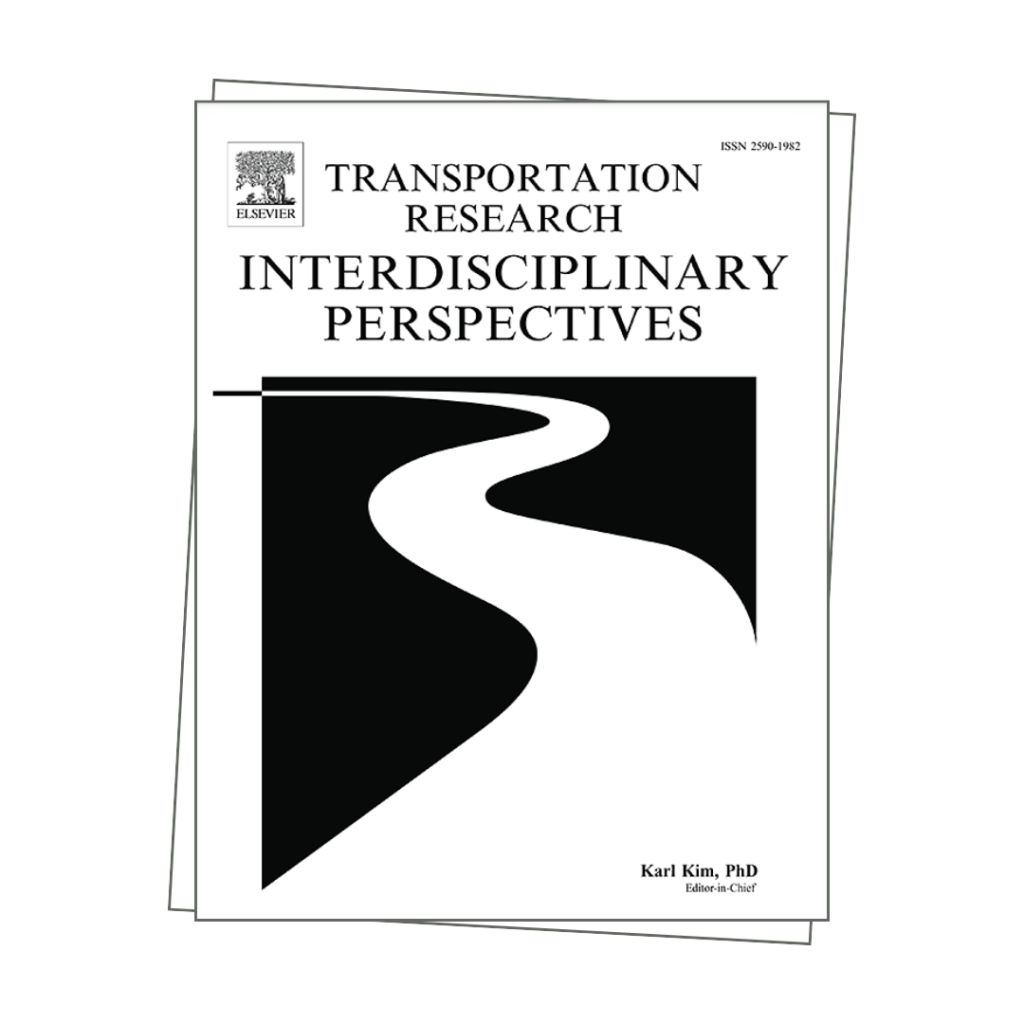
As automated transportation technology advances, public transit agencies could consider how integrating autonomous vehicles and shuttles into existing transit systems affects equity. Capital and operating costs for automated mobility modes managed by public transit agencies are uncertain since few deployments have occurred to date. Automated vehicles and shuttles are agile for dynamic routing and can […]
Effects of forward collision warning and automatic emergency braking on rear-end crashes involving pickup trucks
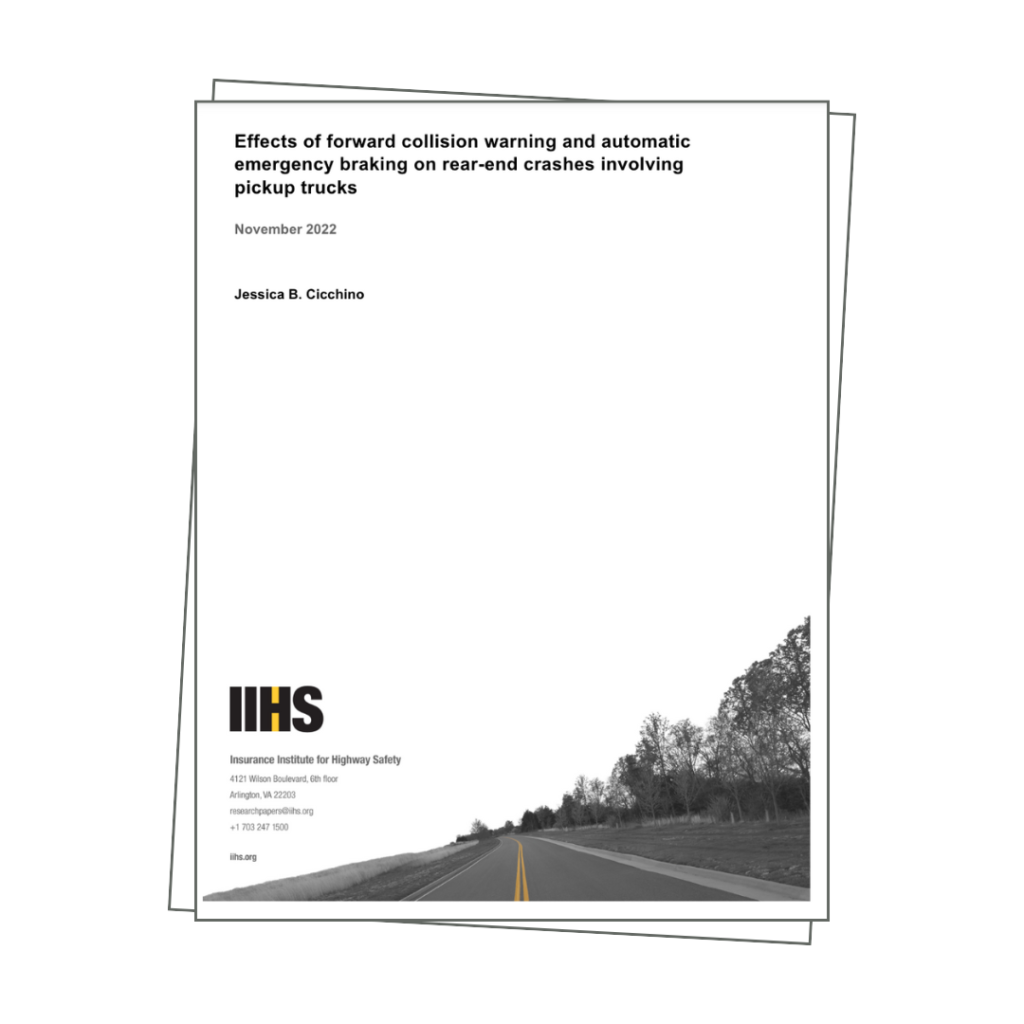
Objective: Forward collision warning (FCW) and automatic emergency braking (AEB) have found to be effective on cars, SUVs, and large trucks. The objective of this study was to extend prior work and estimate the effects of FCW and AEB on pickups. Methods: Rear-end crashes where a pickup with optional FCW or AEB was the striking vehicle were […]
Mapping the Future of Autonomous Trucking
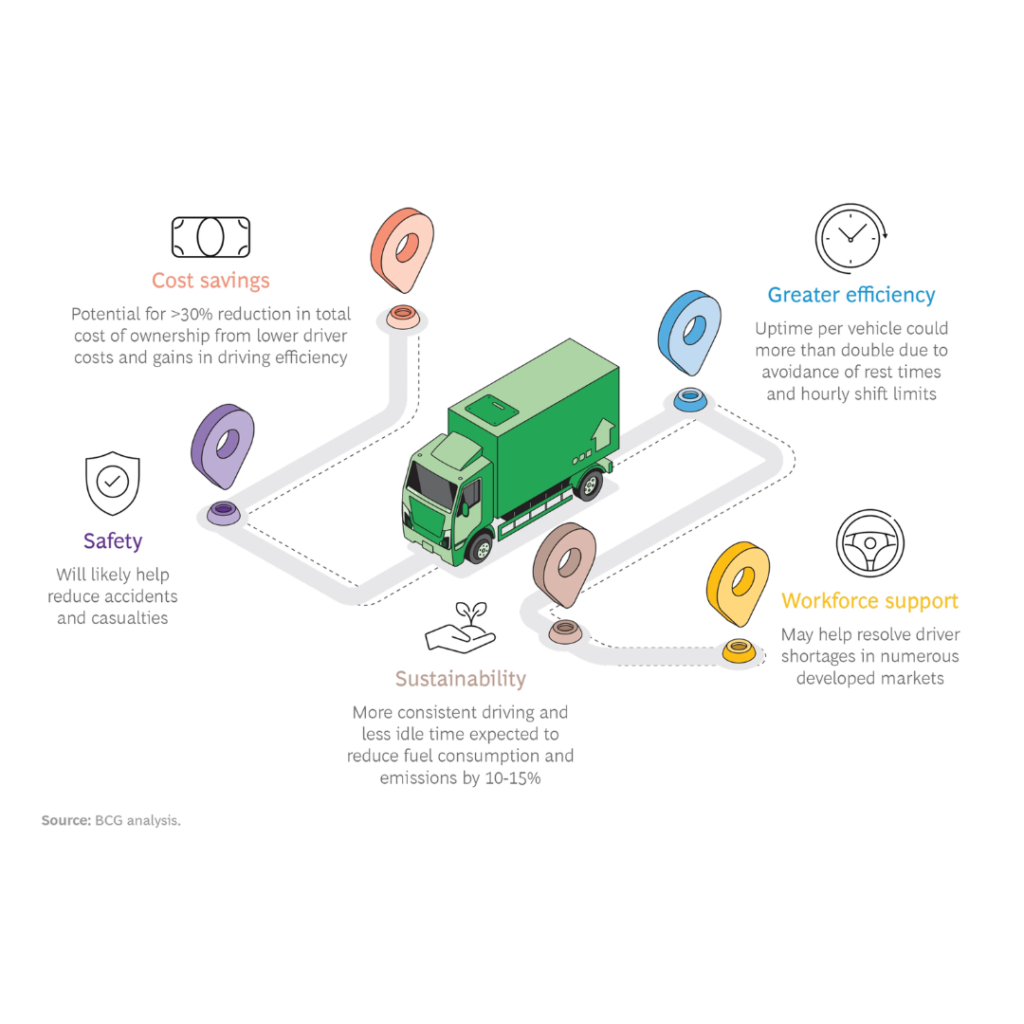
Autonomous vehicle (AV) technology has the potential to transform how people and goods move through the world. Personal autonomous cars get most of the media attention, but long-haul trucks actually offer one of the most appealing use cases for full self-driving vehicles. A critical factor is the ability of AV providers and fleet operators to […]
Applied Intuition’s Log Management Handbook: Powering Autonomy With Drive Data

Log management is one of the most important tasks that every autonomy program needs to master. Test fleets collect on average four terabytes of drive data per vehicle per day, while production fleets (i.e., vehicles purchased by individual consumers) can generate millions of events per day. This firehose of data has enormous potential to power […]
Drivers of partially automated vehicles are blamed for crashes that they cannot reasonably avoid

People seem to hold the human driver to be primarily responsible when their partially automated vehicle crashes, yet is this reasonable? While the driver is often required to immediately take over from the automation when it fails, placing such high expectations on the driver to remain vigilant in partially automated driving is unreasonable. Drivers show […]
J.D. Power 2022 U.S. Mobility Confidence Index (MCI) Study
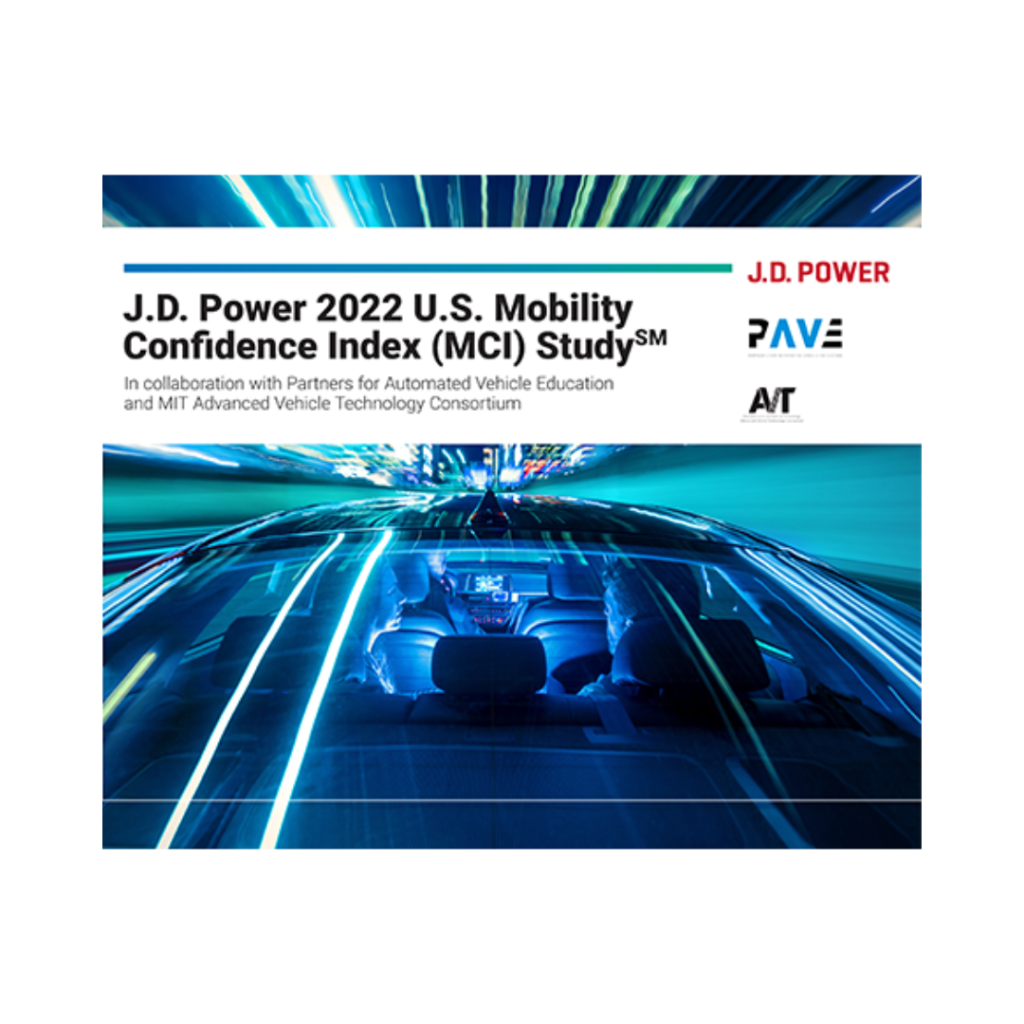
The J.D. Power 2022 U.S. Mobility Confidence Index (MCI) Study brings together three organizations with an aligned mission to understand consumer knowledge and acceptance of fully automated, self driving vehicles. Each contributing organization has extensive independent research experience providing consumers, government, and industry with a data-driven comprehension of consumer behaviors. In this collaboration, the partners […]
Author William Riggs: End of the Road Reimagining the Street as the Heart of the City

William (Billy) Riggs, USF professor and global expert on transportation and the future of cities, discusses his new book, End of the Road: Reimagining the Street as the Heart of the City, with Bay Area transportation leaders Tilly Chang, executive director of the San Francisco County Transportation Authority, and Jeffrey Tumlin, director of transportation at […]
Impacts and Opportunities Around Land Use and Automated Vehicles and Shared Mobility
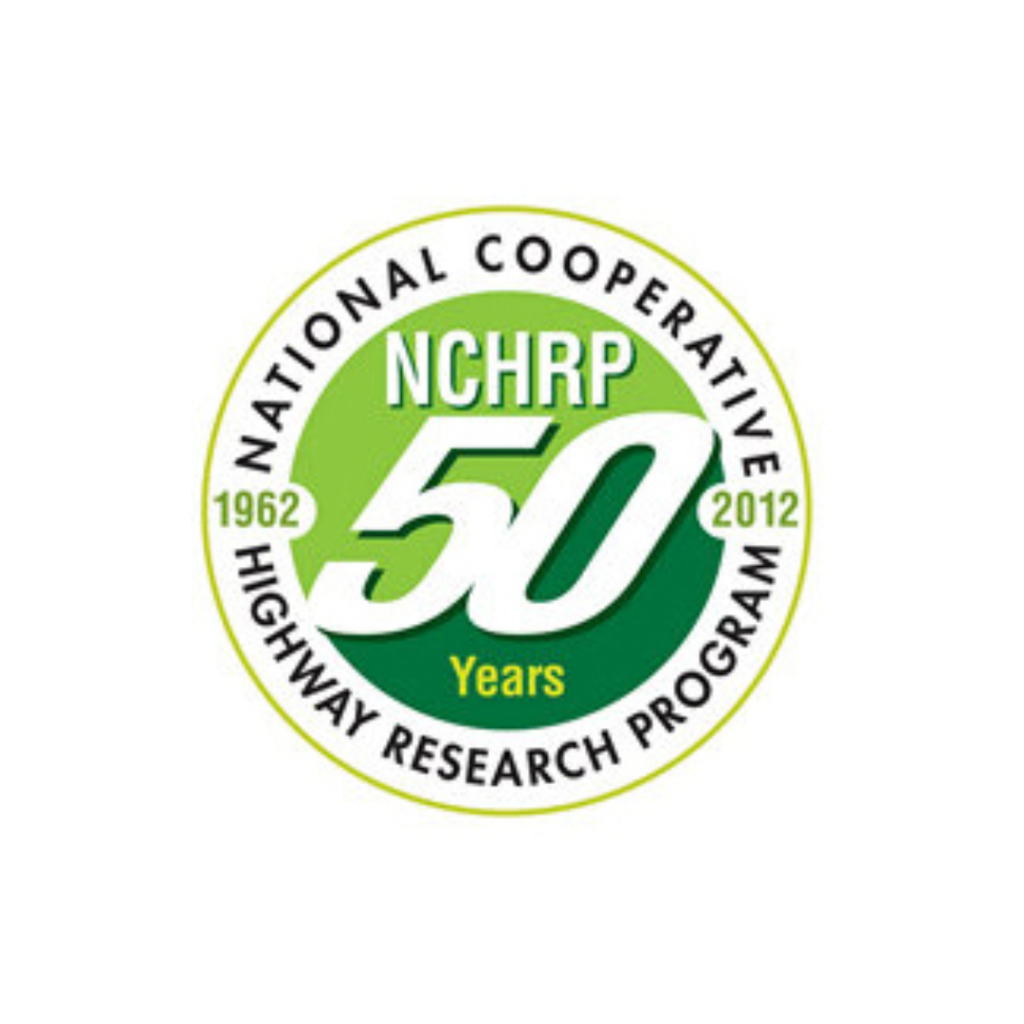
In coordination with the National Cooperative Highway Research Program (NCHRP), the TRB Forum on Preparing for Automated Vehicles and Shared Mobility (Forum) has developed nine (9) Topical Papers to support the work of the Forum (Project). This paper is #9 of 9. The mission of the Forum is to bring together public, private, and research […]
The Impact of Individual Differences on the Acceptance of Self-Driving Buses: A Case Study of Nanjing, China

As a new mode of public transportation, self-driving buses offer numerous benefits, including increased traffic safety, reduced energy consumption, optimized road-resource ratios, and improved traffic accessibility. However, there is still a need to fully understand the public’s perception of self-driving buses before they are widely used. As a result, we investigated whether individual differences (including […]
Physiological measurements in social acceptance of self driving technologies

The goal of the present study is to examine the cognitive/affective physiological correlates of passenger travel experience in autonomously driven transportation systems. We investigated the social acceptance and cognitive aspects of self-driving technology by measuring physiological responses in real-world experimental settings using eye-tracking and EEG measures simultaneously on 38 volunteers. A typical test run included […]

